#IWASTHERE
Pakeeza is helping girls go to school
Through example and persuasion, Pakeeza is changing attitudes so girls in rural Pakistan can go to school.
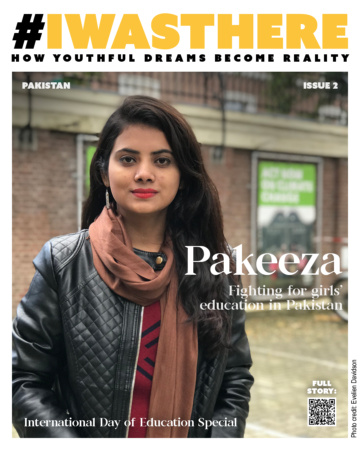
Pakeeza travelled all the way from Railomiyan, her village in Pakistan, to Oxfam Novib, in order to share her story. At 18, she had just finished high school, an extraordinary achievement. Now she is using her experiences to help other girls gain the education that is their right.
Against the odds
Pakeeza comes from a very conservative family and caste and as a child she was not allowed to go outside on her own. Many families in rural Pakistan fail to send their children, especially girls, to school; educating girls and fostering their independence are frowned upon and seen as a problem of honour. Pakeeza’s family was no exception, but at 12, after much badgering, she was allowed to go to school. But not alone; she had to be walked there by her 10-year-old brother.
Education is just the start
Obstacles for girls do not stop at education; rural youths in Pakistan face a lack of job opportunities and low incomes. “There should be more opportunities for youth, so they can better contribute to society,” Pakeeza explains. “The biggest problem for us is money.” In spite of this, Pakeeza knows that education is the gateway to more opportunities, and so she was motivated to fight for the right to education of other girls in her community.
Mobilizing for the fight
Pakeeza formed a group with like-minded young girls working together towards this vision. The group still meets with teachers and other community leaders to persuade the stricter, more conservative parents that educating girls is important. Pakeeza uses the lack of female doctors in the community as a powerful justification for girls’ education. But she thinks more should be done: “There should be projects for parents because they are not aware of the issues.”
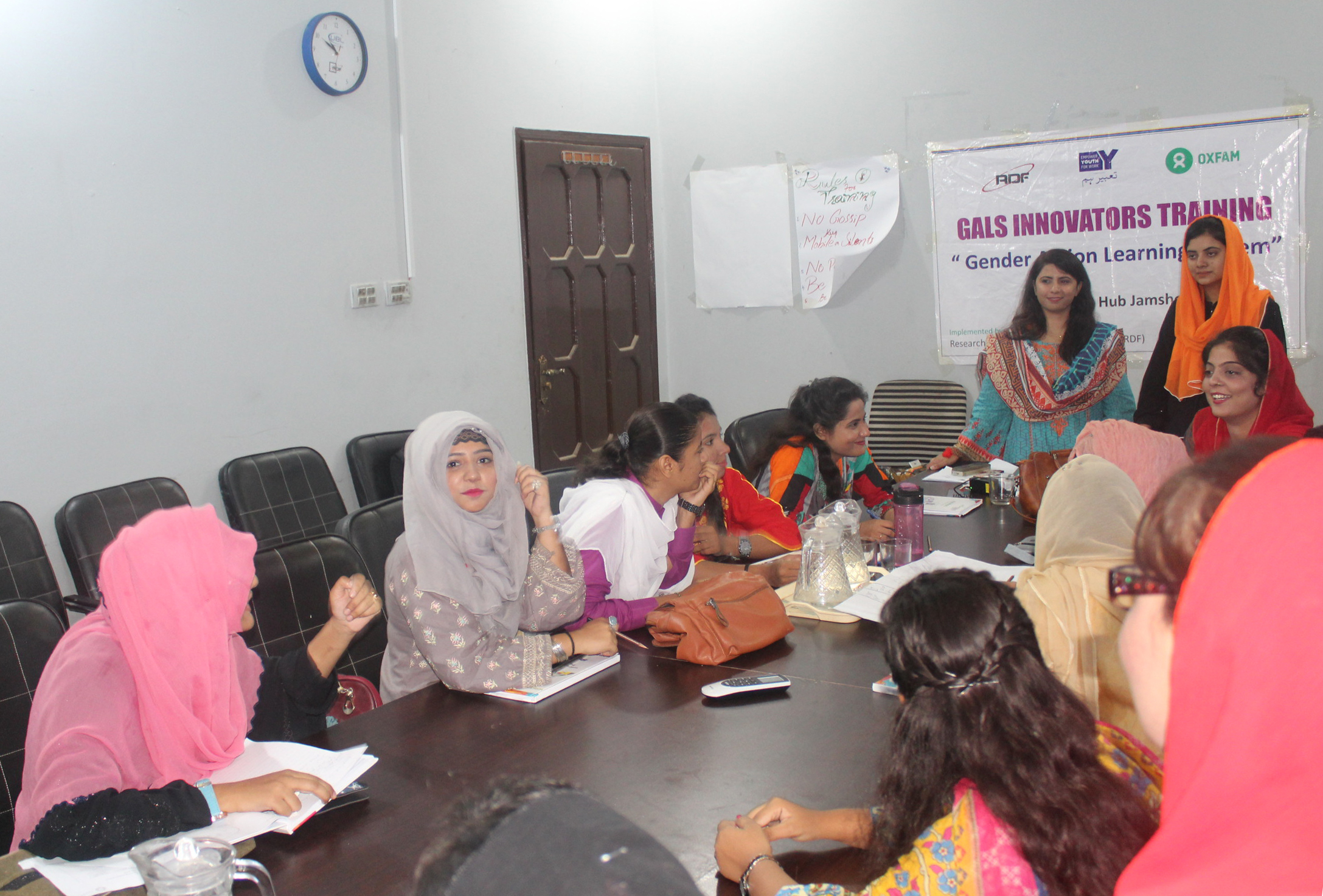
Empowered to raise awareness
Joining the Empower Youth for Work (EYW) Innovation Hub in her district was a turning point for Pakeeza; she trained in topics such as business, employment, budget management and gender. “That was a very useful and good thing for me,” she says. “My life changed after this project.” Pakeeza went on to form her own youth group and passed on what she had learned. The group carried out social campaigns in their village: influencing elders in favour of educating girls and girls’ economic empowerment
Walking in solidarity with other girls
Pakeeza even walked to the school gate with some girls to get them into school. “After my parents gave me permission to go to university, I talked to the community girls, and then their parents gave them permission. It’s a big success for me.” She’s proud to have helped girls go on to university, organized activities on gender, and arranged the celebration of International Women’s Day in her village.
Brought abroad by activism
Pakeeza was soon to add being the first girl in her village to travel outside of Pakistan to her list of achievements, when she was invited to the Youth Symposium in the Netherlands. She stood out among the youth activists from around the world because of her quiet composure and focus with which she shared her story, talking in front of a global audience and the Dutch Ambassador.
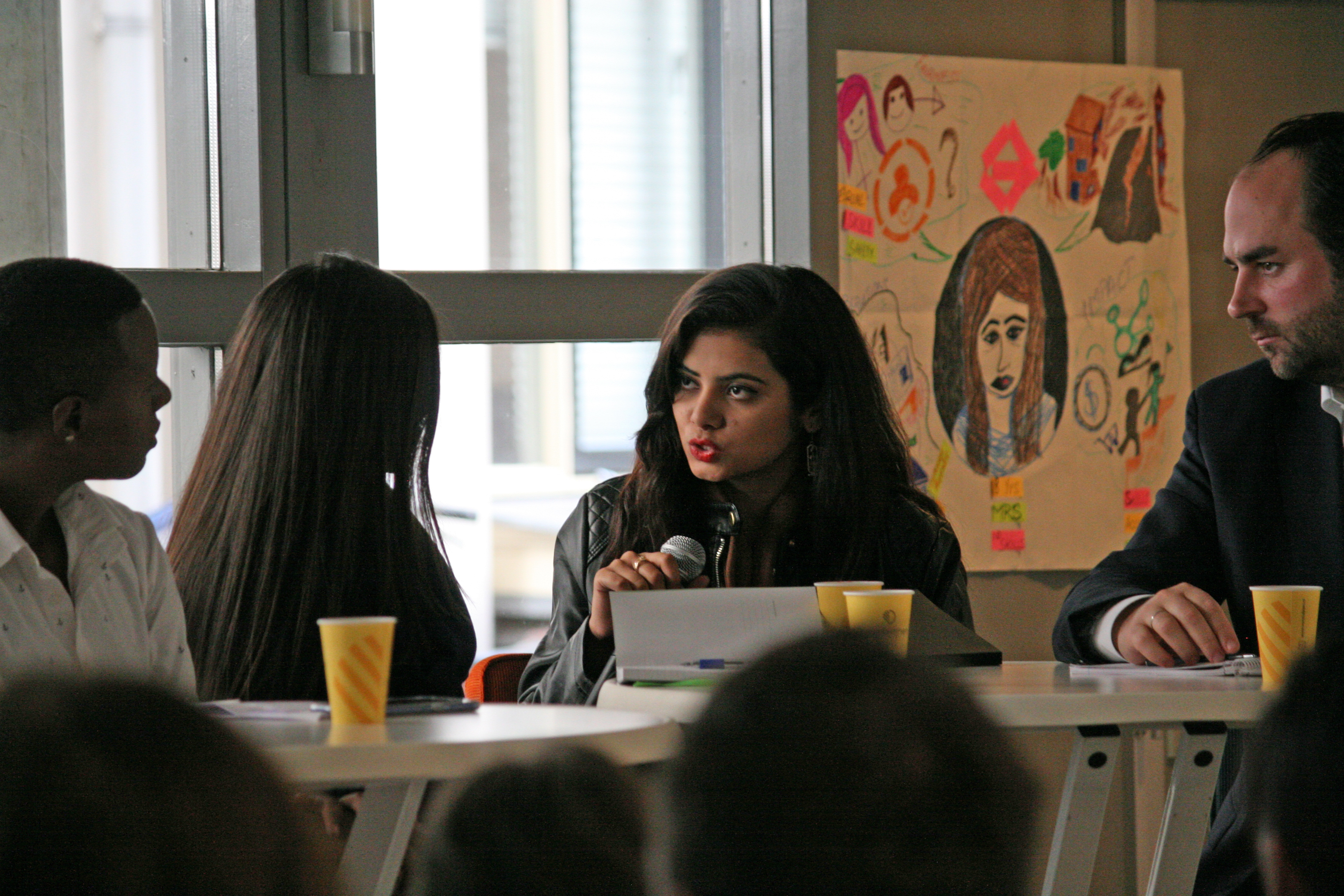
Patient persistence pays off
Pakeeza has learned one particular lesson: “That we should be patient. As activists,” she says, “we face many difficulties. Sometimes people say you are too young, but that is why you stay and struggle on. We have to be patient. Without patience we can’t do anything, we just struggle.” Now, Pakeeza is off to university and dreams of becoming a professor of English. Her vision for young women in Pakistan is for empowerment beyond education. “I think girls should have their own jobs, their own businesses, so they can earn their own living.”
Oxfam Novib's Empower Youth for Work project is aiming towards the socio-economic empowerment of youths in the rural areas of Bangladesh, Pakistan, Ethiopia and Indonesia. In Pakistan the project has launched two Innovation Hubs providing the rural youths of the area with life- and technical-skills for starting their own businesses and to find employment opportunities. The goal of the Hubs is to empower young people socially, politically and economically through career counselling, training, mentoring providing access to services.
This story was written by Ana Ghiban, a (former) intern in the Youth Team at Oxfam Novib. Read about Ana’s experience of interviewing Pakeeza here.
Why these stories?
There are more young people today than ever before in the history of the world; 1.8 billion people between the ages of 10 and 24 worldwide, and 90% of them live in low-income countries. . Harnessing the energy and strength of young women and men to become active citizens is core to Oxfam's goal of transformational change.
With their energy, skills and creativity, young people have the potential to be the driving force for social change, strong economies and vibrant democracies.
Oxfam is working jointly with youth to challenge barriers that prevent them from
Enjoying their rights
Participating fully in society
Being an effective voice in decision-making processes
How youthful dreams become reality.
These stories are proof that change can happen anywhere -
to inspire you to become an active citizen.
- Bangladesh
- Ethiopia
- Indonesia
- Italy
- Nigeria
- Pakistan
- Peru
- Somalia
- The Netherlands
-
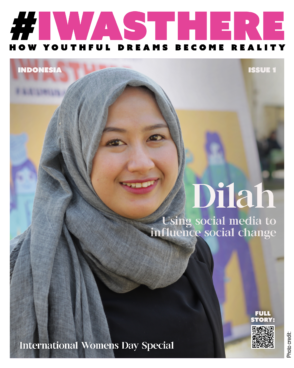
Dilah
“Development is more than just economy or infrastructure, it’s all about humans.”
-
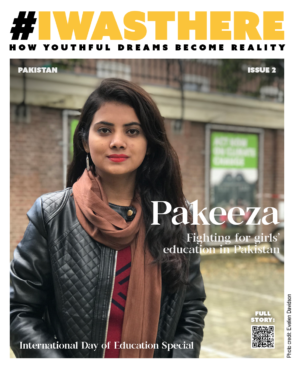
Pakeeza
“As activists, we have to be patient. Without patience we can’t do anything, we just struggle.”
-
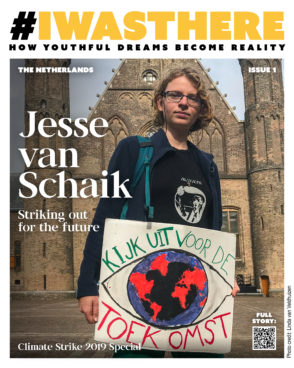
Jesse van Schaik
“I hope other people think ‘if she can do it, then I can do it, and then it won’t be that hard.’”
-
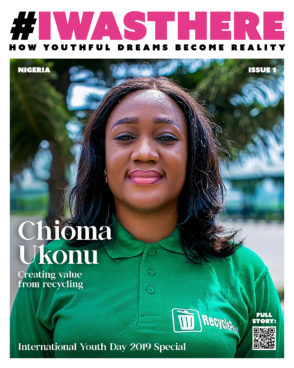
Chioma Ukonu
“Youths must work every day to be the change they want to see.”
-
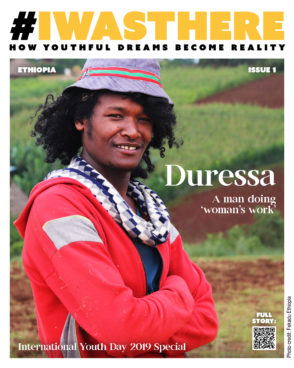
Duressa
“The only thing that I cannot do, is child bearing and breast feeding. This is not naturally gifted to men!”
-

Daphne Rozenburg
“My goal was to capture the essence of the vital advocacy work that goes on within powerful institutions. But in a light and approachable way.”
-
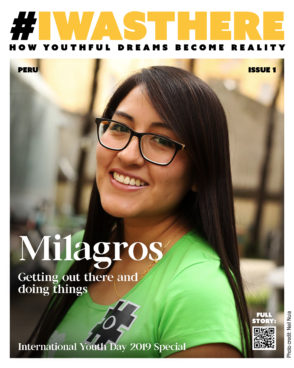
Milagros
“We are young, we are prepared. We have many things to do.”
-

Muzamil Ali
“The biggest challenge wasn’t informing them about modern farming techniques but persuading them to abandon outdated methods”
-

Nasrin
“Work is never defined for men and women, it is us who creates this differentiation. There are lots of people in rural areas who are not getting enough medical support, I want to do something more for their advancement by engaging the youth of our community.”
-
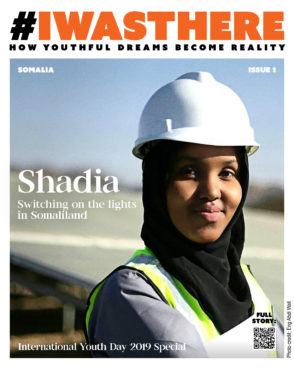
Shadia
“Fear is not part of my life. I conquer the fear itself.”
-
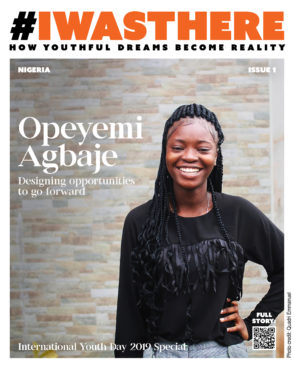
Opeyemi Agbaje
“I did not have any computer knowledge prior to this time; I only used computers for watching movies!”
-
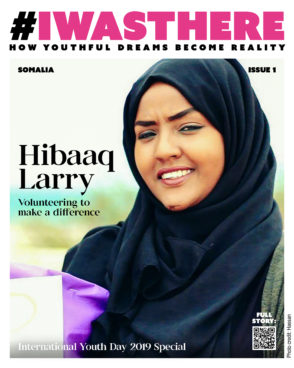
Hibaaq Larry
“We should create an environment where people can support one another and raise local funds together to buy clothes and food for poor children and mothers.”
-

Mr. Ajebo
“Work ethics and character are equally important as you cannot earn a living out of talent alone.”
-
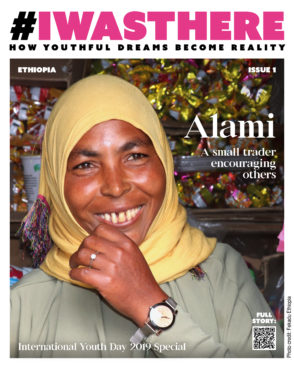
Alami
“I believe young women have the capacity to change their lives if they are provided with a safe environment and support from their family, community, and government.”
-

Alisha Khan
“Once we overcame our initial hurdles, we felt confident about managing more events, and soon established a good reputation in the city.”
-
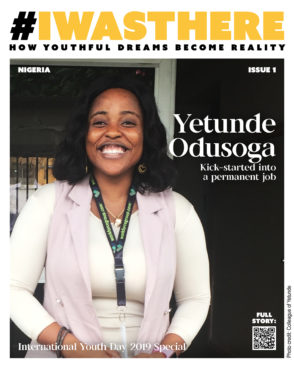
Yetunde Odusoga
“Even if a person supports you and teaches you how to do a thing, without passion on your part, it’s a ‘NO’!”
-
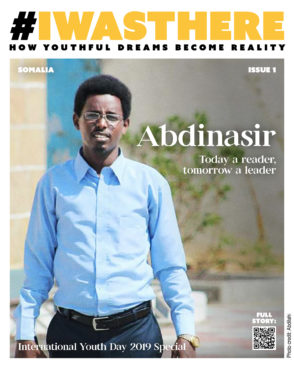
Abdinasir
“Without a book on my lap every day, I don’t know where I would have reached today. One day I will realize my dream of bringing all Sahil people into the library.”
-
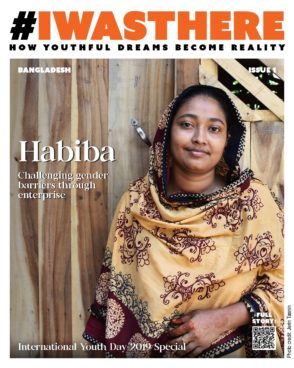
Habiba
Habiba believes that other women and girls will be inspired by seeing her at work.
-
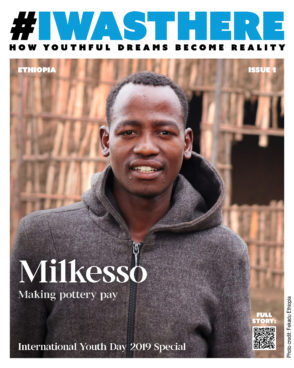
Milkesso
“Seeing my success, many people are now convinced it’s OK to assist women.”
-
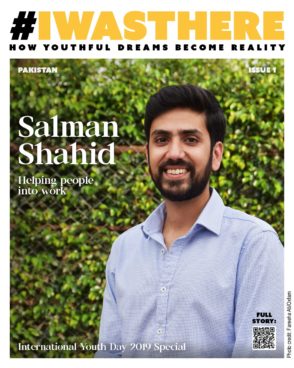
Salman Shahid
“We aim, one day, to scale up our start-up to a national level”
-
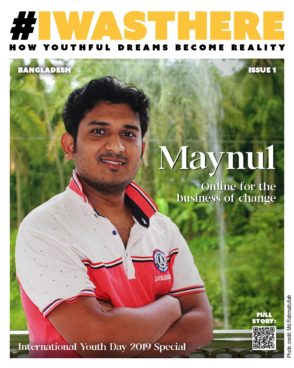
Maynul
He started working from home to save money, providing computer support to the community, especially women.
-
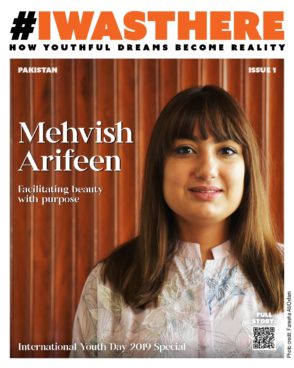
Mehvish Arifeen
“The beauty parlour industry is exploitative, and because women workers lack awareness about their rights, they pose little to no resistance to unfair work policies.”
-
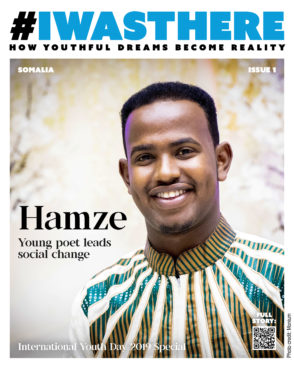
Hamze
“Poetry is art and expression, and has been in my blood since my childhood. If you want people to develop their country, young people are the starting point – they have the drive and stamina to pioneer changes”
-
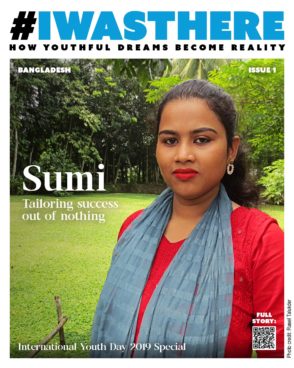
Sumi
To ensure the continued success of her business, she keeps up with the latest fashion trends online, adjusting them for the cultural and religious tastes of her clients.